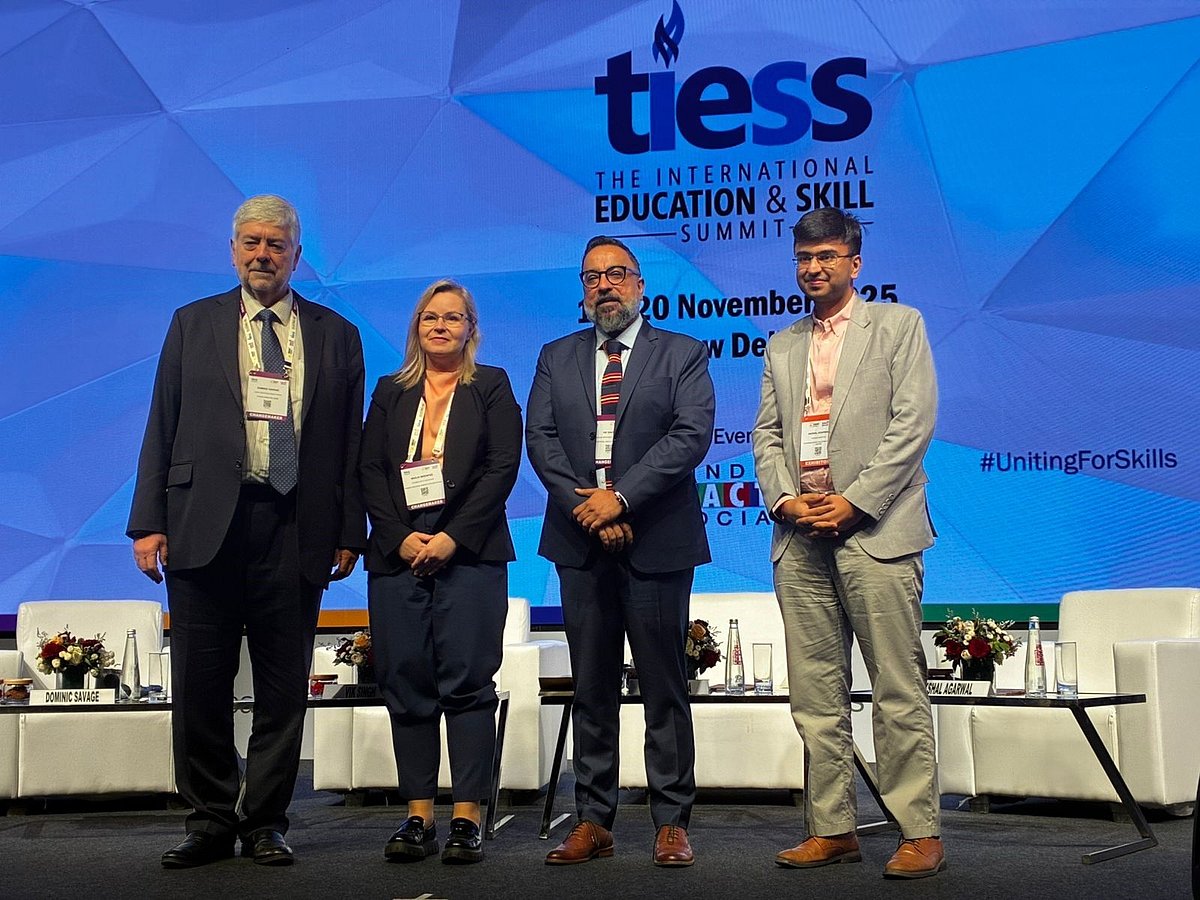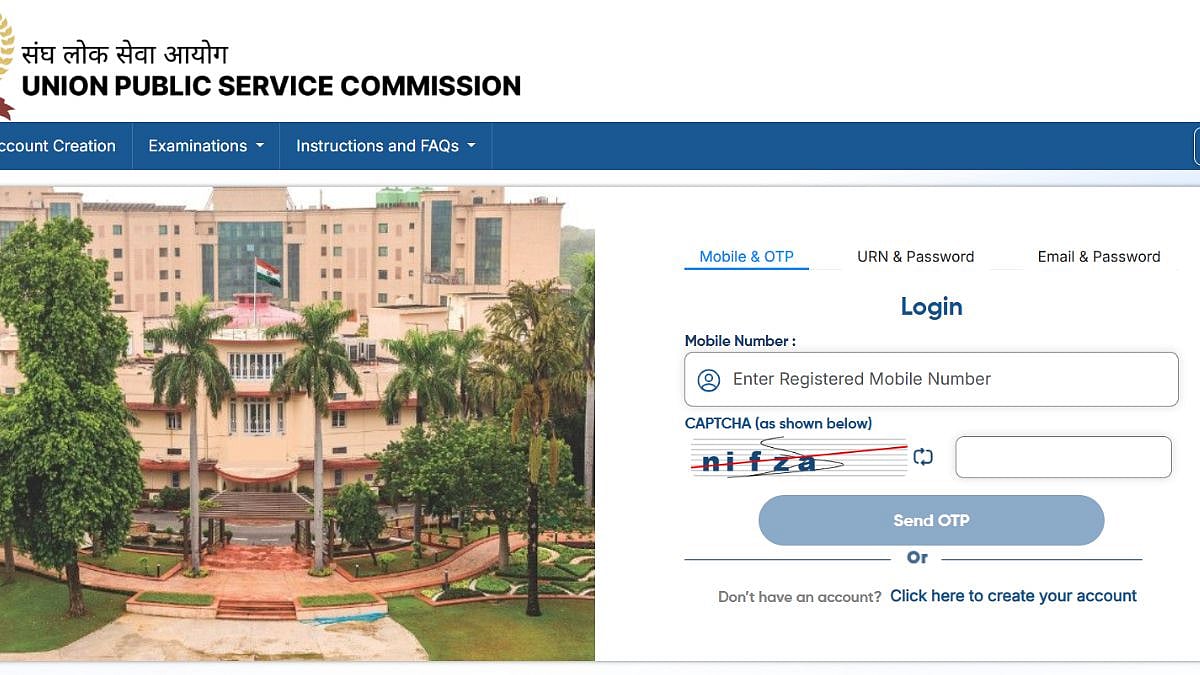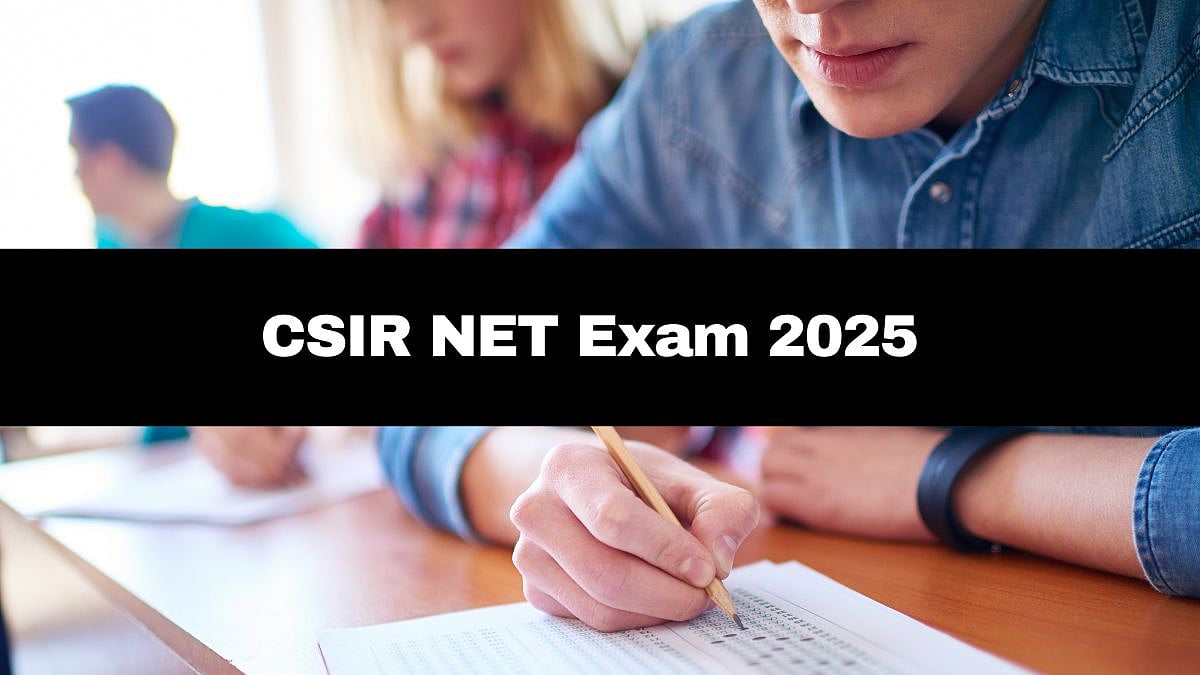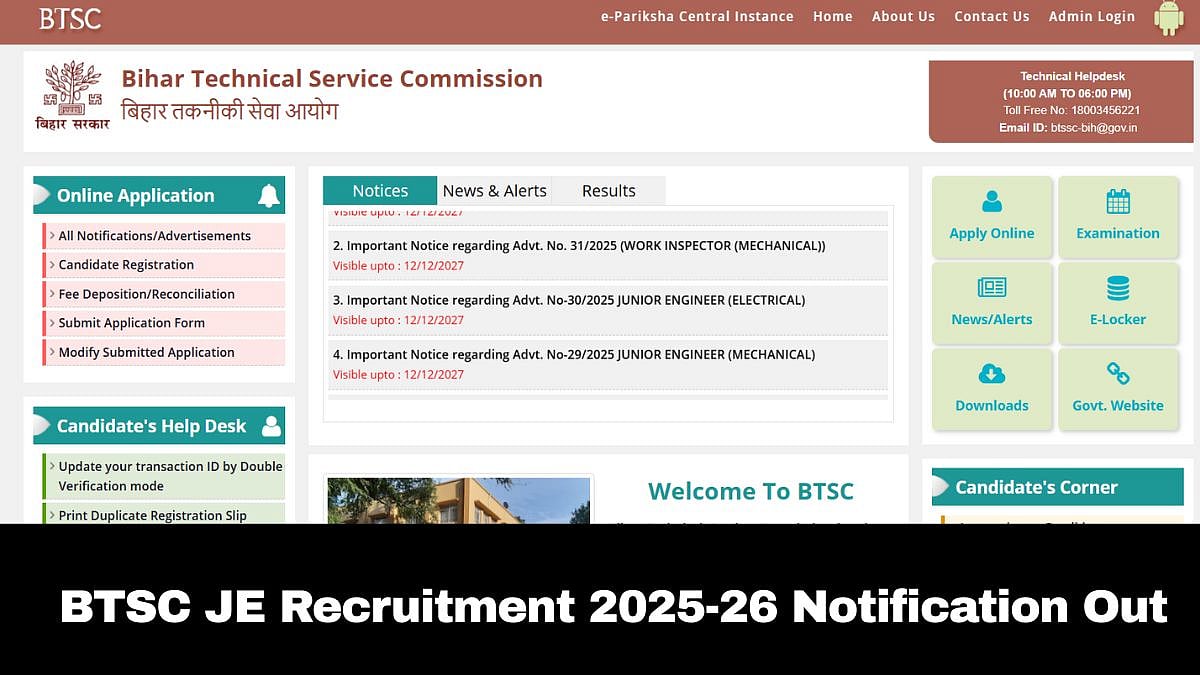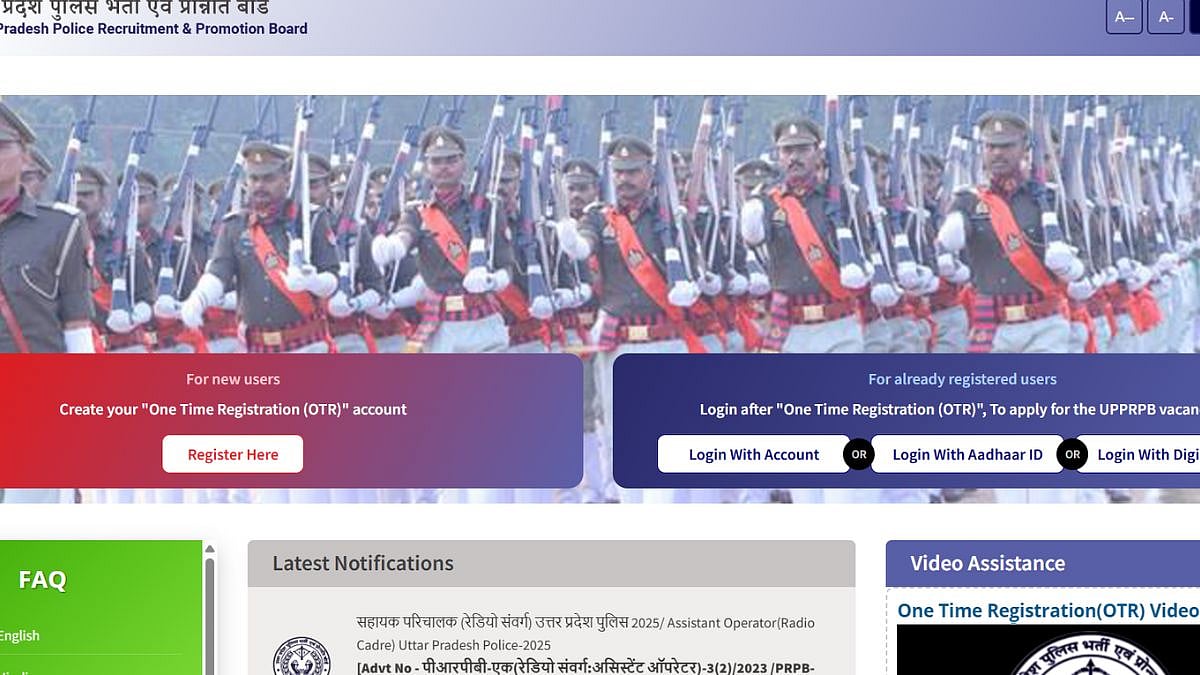The Canadian Border Services Agency (CBSA) has identified ‘300 cases of concern’ as it investigates instances of fraudulent documents being allegedly used by Indian students for study permits, The Free Press Journal has learned.
The federal agency narrowed down the number to 300 after reviewing over 2000 cases involving the students, most of them from Punjab, who came to Canada between 2017-2020.
“In 2018, the CBSA was investigating organised crime groups and became aware of issues with students not attending school and becoming involved in criminality and gangs. This led to new lines of inquiry which ultimately, based on tips received from the public in 2020, led us to identify over 2000 cases where fraudulent documents may have been used to obtain a student visa. In collaboration with Immigration, Refugees and Citizenship Canada (IRCC), we reviewed those cases and we narrowed them down to approximately 300 cases of concern,” said the reply by Aaron McCorie, Vice President, Intelligence and Enforcement, CBSA, to a letter sent by the former students on June 8.
Circumstances of the 300 cases vary, says McCorie
Highlighting that the CBSA treats cases before it on a case-by-case basis based on facts, McCorie stated in the letter that these 300 cases, ‘vary from genuine students to those who were allegedly complicit in the scheme, to those who have allegedly taken advantage of the system to enter Canada.’
IRCC, CBSA initiate case-by-case analysis of fake documents
The statement comes months after Canadian Minister of Immigration, Refugees and Citizenship, Sean Fraser, announced a task force composed of senior officials from CBSA as well as Immigration Refugees Citizenship Canada (IRCC), on June 14, to deal with reports of fake documentation being used to avail study permits.
“As announced in June, a task force of IRCC officials is working closely with the CBSA to identify genuine students by assessing each case’s specific circumstances. For these cases, we are pausing removals to allow the review to take place. Those who are found to be genuine students may be issued a Temporary Resident Permit to allow them to continue their stay in Canada. Others will continue to benefit from all the due process and protections in place,” McCorrie stated in the letter, seen by The FPJ.
CBSA tracking down 'unfair means' to avail study permits
This is not the first time CBSA has initiated action against unfair means being used for study permits in Canada. In an interview with The FPJ, in March 2023, the agency’s spokesperson Maria Ladoucer revealed that it is addressing an increasing pattern of unsubsidized private colleges urging foreign nationals to take enrollment in their colleges after which they are promised a post-graduation work permit (PGWP).
“As an example of what the Agency has done to address the issue of false documentation, announced by CBSA Quebec Region Enforcement and operational highlights, in 2022, we uncovered a scheme whereby unsubsidized private college programs were leading foreign students to a PGWP (for $25,000) with the sole purpose of acquiring a permanent residence,” stated Ladoucer, who added that 11 colleges were implicated in this fraud.
Cases of fraud have also set the stage for changes in Canada’s policy towards work permits with CBSA modifying eligibility criteria for the same from September 1, 2023. Institutions will have to be approved by a provincial or territorial government before receiving international students, under the new rules.
“Foreign national students seeking to study in Canada require letters of acceptance from recognized post-secondary institutions to qualify for a student permit. In addition, applicants are required by law to answer truthfully all questions asked in the context of their immigration application. They are also responsible for all the information and documentation contained in their application,” McCorie asserted in the letter to students.
Main accused Brijesh Mishra under Canadian custody
Brijesh Mishra, who allegedly signed the fake admission letters of the students, was held on June 14 by the Canadian authorities. Mishra tried to re-enter Canada through its land border with the United States. His next bail hearing has been set for August 10.
According to reports, Mishra was behind bars in 2013 for forging documents for students going overseas when he used to run a consultancy firm called ‘Easy Way Immigration Consultancy’. The organisation was raided by the Punjab police who seized cash and passports from him.
Many of the students have maintained that they did not know the admission letters were fake until CBSA initiated deportation hearings against them when they applied for permanent residencies (PR) in 2022.






